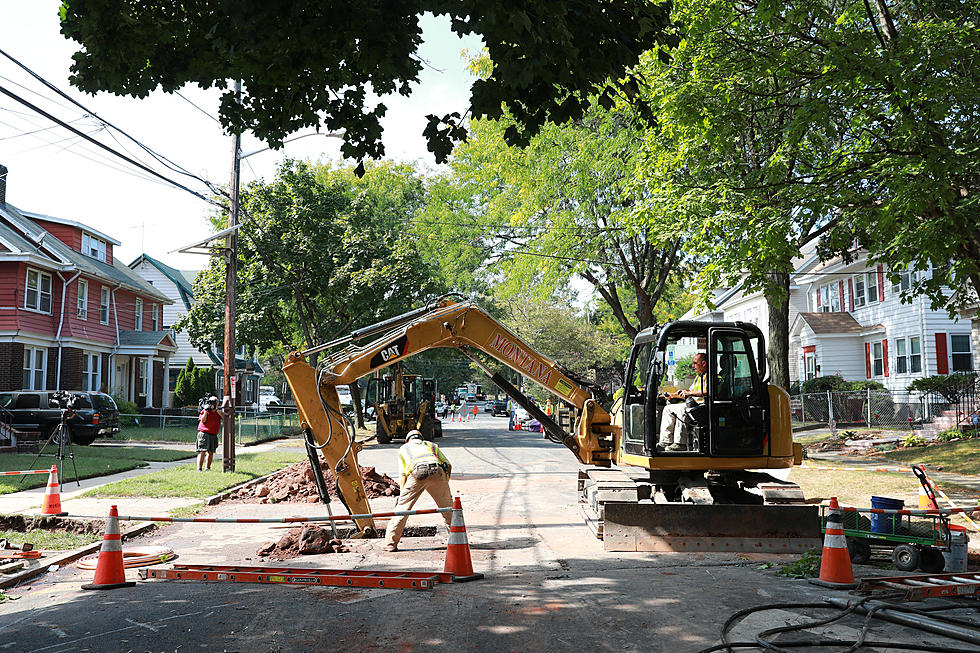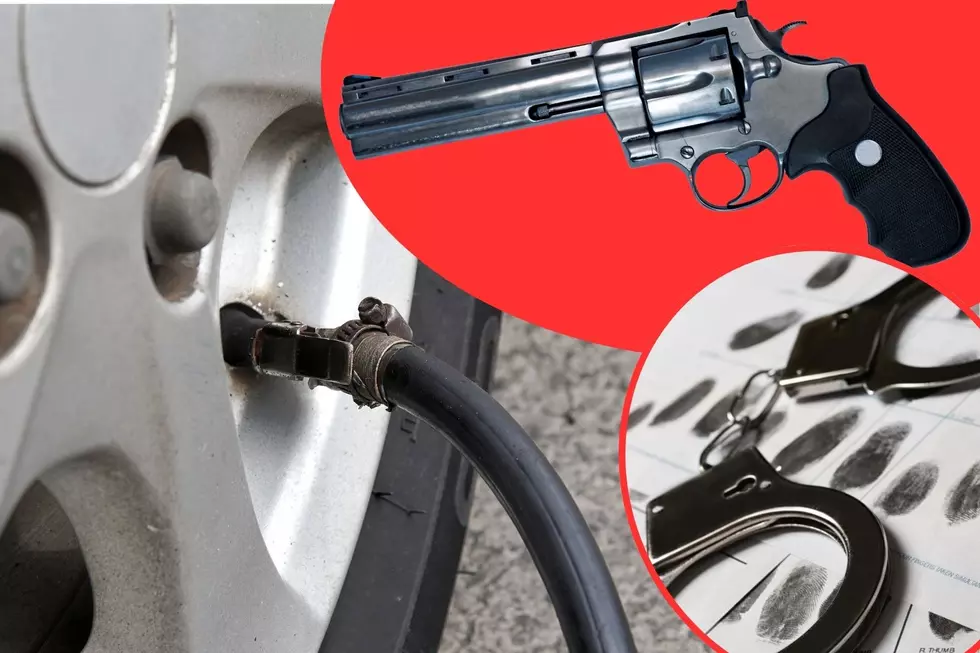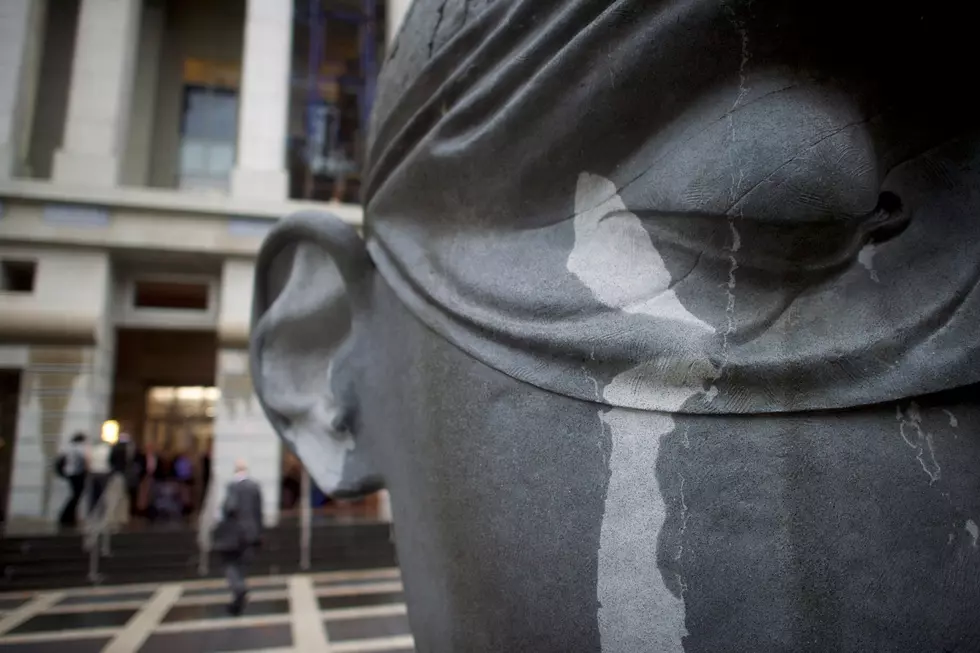
Murphy: Borrow $500M, raise water rates to replace lead lines
TRENTON — Gov. Phil Murphy on Thursday endorsed borrowing $500 million and allowing water companies to raise rates in order to replace lead water service lines and remediate lead-based paint in homes.
Murphy’s goal is to have all lead service lines in New Jersey replaced within 10 years.
“In 2019, it is unacceptable that children are still poisoned by exposure to lead,” Murphy said in a speech at Thomas Edison State University in Trenton, where the Jersey Water Works Lead in Drinking Water Task Force issued a 48-page report that includes 19 recommendations.
“We will begin by working to put to the voters in the 2020 November election a statewide bond initiative, to invest $500 million directly into infrastructure improvements to ensure that every water system is safe to drink from and every home is safe to live in,” he said.
The cost to replace water service lines alone has been estimated at $2 billion and is a moving target because not all water utilities have provided the state with inventories of lead in their systems. Murphy said his administration believes $500 million in borrowing will suffice but said he’s willing to be flexible.
“When you combine what money is available through the DEP, the infrastructure bank, federal money, when you combine the fact that you’ve got a lot of investor-owned utilities – as I mentioned, we will support the Legislature putting forward the ability of those investor-owned utilities to with we hope a modest impact on the ratepayer, put replacement into their rate based – that that combination is enough,” Murphy said.
Murphy and Chris Daggett, the task force chairman, said it isn’t yet known how much water rates might be increased to cover the replacement of every lead service line. They were asked if there would be a means test in which the cost for the work would only be fully covered for those who are low-income.
“I think if you have a small increase in the rates, you don’t necessarily have to have a means test, you can just do the work,” Daggett said.
The statewide strategy also includes:
- A comprehensive lead testing plan that addresses housing, schools and daycare facilities, including notifications for residents and compliance enforcement mechanisms.
- Creating a “Lead-Safe” certificate program requiring inspection and disclosure of lead hazards at point of sale and inspection and remediation for all rental homes that were built before 1978.
- Reinstating the Lead-Safe Housing Registry in the Department of Community Affairs.
- Workforce training programs in high schools, county vo-tech schools and community colleges to recruit lead evaluation and lead abatement contractors. There are only 106 combined in the state currently.
- Lead tests in water at public schools every three years, rather than every six years, as Murphy announced Monday.
Senate President Steve Sweeney, D-Gloucester, said in a statement that he welcomed Murphy’s proposals. He didn’t specifically comment on the idea of borrowing $500 million or allowing utilities to raise rates to cover replacement costs.
“We will give all of the proposals that need legislative approval serious consideration and work with the Assembly and the administration to get them done,” Sweeney said.
“We must recognize the extent of the challenges we face in removing lead contamination from our water, soil and paint, and understand that protecting everyone, especially children, from exposure requires a long-term commitment,” he said. “There is need for immediate actions but there is also a need for sustained solutions. We will continue to make this a priority in the Legislature.”
New Jersey: Decoded cuts through the cruft and gets to what matters in New Jersey news and politics. Follow on Facebook and Twitter.
Michael Symons is State House bureau chief for New Jersey 101.5 and the editor of New Jersey: Decoded. Follow @NJDecoded on Twitter and Facebook. Contact him at michael.symons@townsquaremedia.com
More From New Jersey 101.5 FM









